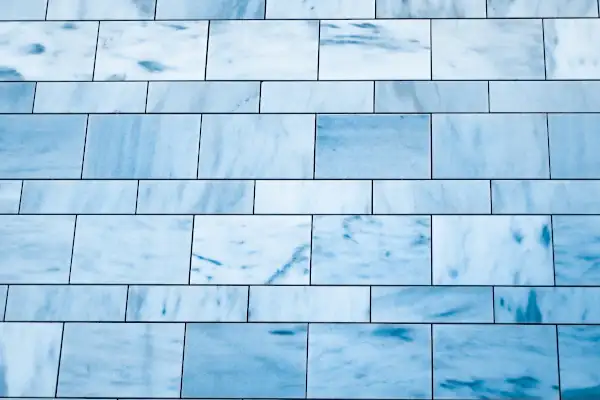When it comes to flooring, one crucial factor to consider is waterproofing. Whether you’re renovating a bathroom, kitchen, or basement, choosing the right level of water resistance is essential to avoid costly water damage.
In this blog post, we’ll explore the different levels of waterproofing, the types of floors that fall into each category, and provide guidance on choosing the right option for your home’s needs.
Waterproof Flooring
Waterproof flooring is the ideal choice for areas prone to moisture, spills, and high humidity levels. These floors are entirely impervious to water, making them a worry-free option for homeowners. Some of the most popular types of waterproof floors include:
Luxury Vinyl Flooring
Vinyl is a synthetic material that is waterproof. Luxury vinyl flooring features rigid planks that mimic wood, while luxury vinyl tiles mimic the appearance of stone tiles. Some variations of luxury vinyl flooring are entirely waterproof, and some are merely water resistant. Overall, luxury vinyl floors are a great option for locations where water is a concern.
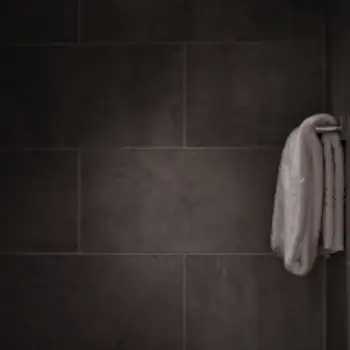
Tile Floors
Porcelain, stone, and ceramic are among the most waterproof tile materials available. Porcelain is extremely dense and non-porous thanks to being fired at over 2000°F. Natural stone tiles like granite and slate are also highly waterproof in their dense, low-absorption states. Ceramic tiles, while not as impervious as porcelain, are still significantly more waterproof than other flooring due to their fired clay bodies. These tile floors are great for stopping moisture, especially when properly installed.
Rubber Flooring
Rubber Flooring: Made from synthetic or recycled rubber, these floors offer excellent waterproofing and shock absorption. Rubber flooring is soft underfoot, slip-resistant, and easy to maintain, making it perfect for home gyms, playrooms, or commercial settings.
The primary advantage of waterproof floors is their ability to withstand moisture without degrading or harboring mold and mildew. Spills can be easily wiped up without fear of staining or warping. These floors are a practical choice for families, homes with pets, or areas with high foot traffic.
While waterproof floors excel in moisture resistance, they are not indestructible. Some floors, like luxury vinyl and rubber, can be susceptible to tearing, denting, or wearing down over time with heavy use. Proper installation, care, and maintenance are key to ensuring waterproof floors look their best.
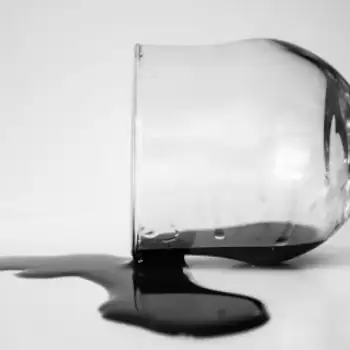
Water-resistant Flooring
While not fully waterproof, water-resistant floors offer protection against occasional spills and moisture. These floors can tolerate some exposure to water but are not designed to withstand prolonged exposure to moisture. Some popular water-resistant flooring options include:
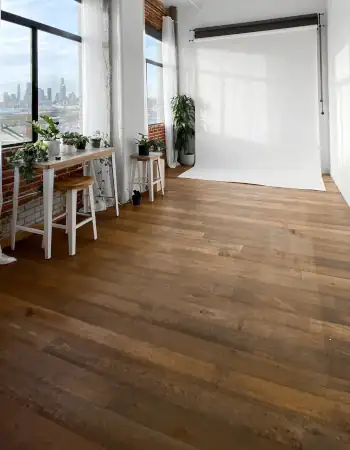
Laminate Flooring
This affordable flooring features a composite wood base topped with a printed image layer and a clear protective coating. Quality laminate floors have become highly water-resistant thanks to improved manufacturing techniques. However, they are not waterproof and can swell or warp if excessive moisture seeps through the seams.
Engineered Hardwood
Made with a solid wood top layer adhered to a plywood base, engineered hardwood floors provide the natural beauty of real wood with better moisture resistance than solid hardwood. With proper care, engineered wood floors can handle spills and moderate humidity levels but aren’t recommended for bathrooms or other wet areas.
Sealed Concrete
Plain concrete is actually quite porous, but when sealed with special coatings or polished, it transforms into a water-resistant surface that repels moisture. Sealed concrete floors are a popular industrial-chic look in modern homes but may require resealing every few years to maintain water protection.

Cork Flooring
Often overlooked, cork is naturally water-resistant thanks to its composition of tightly bound suberin cells extracted from cork oak trees. Cork floors have a warm, resilient feel underfoot and resist moisture better than hardwood, making them suitable for kitchens or entryways.
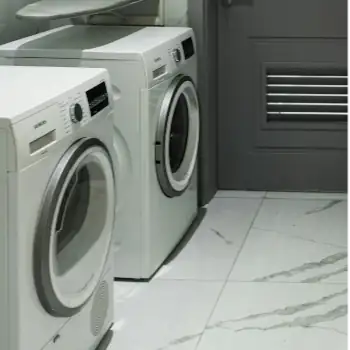
The main advantage of water-resistant floors is their ability to endure some moisture exposure without permanent damage when spills are quickly cleaned. However, leaving puddles or wet messes can eventually cause swelling, discoloration, or warping. Proper maintenance like avoiding excessive water and humidity is crucial.
For rooms expecting heavy moisture like bathrooms, basements, or laundry rooms, water-resistant floors may not provide enough protection. But for living areas, kitchens, and moderate traffic zones, these floors have enough water resistance to stand the test of time.
Water-susceptible floors.
At the other end of the spectrum are floors that are highly susceptible to water damage. These materials are not designed to withstand moisture exposure and can quickly deteriorate, stain, or foster mold growth when exposed to water. Some examples of water-susceptible flooring include:
Solid Hardwood
While beautiful and warm underfoot, solid hardwood floors are extremely vulnerable to water. Wood is a porous material that can easily absorb moisture, causing the planks to warp, cup, crown, or discolor. Even small spills or high humidity can wreak havoc on hardwood if not dried immediately.
Untreated Concrete
Plain, unsealed concrete is porous and will soak up water rapidly. This can lead to staining, efflorescence (salt deposits), and structural issues in the concrete slab over time. Untreated concrete should not be used in moisture-prone areas.
Carpet Flooring
Most standard carpet types contain fibers like wool, nylon, or cotton that act like sponges when exposed to water. Wet carpet padding is also a breeding ground for mold and mildew. Only waterproof synthetic carpet options like polypropylene may be suitable for a select few damp areas.
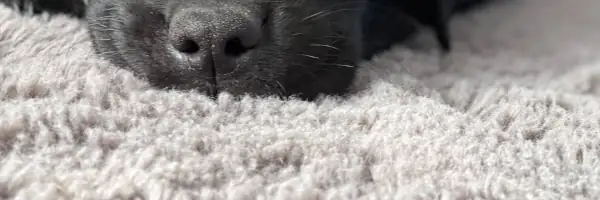
The advantages of water-susceptible floors are their natural warmth, beauty, and soft underfoot feel. However, strict maintenance is required to prevent water exposure as much as possible. They are best confined to low-moisture living areas, bedrooms, and low-traffic areas of the home.
Maintenance and Care Tips
No matter which type of flooring you choose, proper maintenance is key to preserving its water-resistance capabilities. For waterproof floors like vinyl and tile, use manufacturer-approved cleaners and avoid harsh chemicals that could break down the surface over time. Also be sure to wipe up spills promptly.
For water-resistant laminate, engineered wood, and sealed concrete, be cautious of allowing puddles or heavy moisture to linger. Dry any spills right away and consider using area rugs in high-traffic zones to prevent wear. Have damaged areas resealed or refinished as needed.
With water-susceptible wood and carpet floors, prevention is vital. Use waterproof mats and rugs, quickly clean up any moisture, and consider hydrophobic treatments. In damp conditions like basements, a dehumidifier may be necessary.
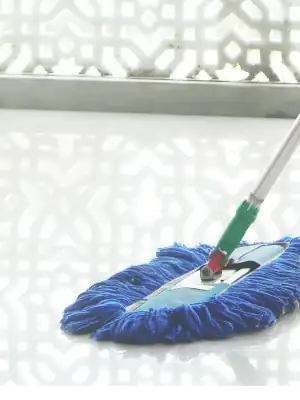
Choosing the proper water-resistant flooring is crucial for protecting your home from moisture issues. Waterproof options provide peace of mind for wet areas, while water-resistant floors balance style with moderate spill protection. For lower moisture zones, water-susceptible floors require diligent maintenance but offer luxurious looks and comfort underfoot.
Consider your home’s layout, traffic patterns, and potential for moisture exposure when selecting new floors. With the right waterproofing level and care, your floors can remain beautiful and damage-free for years to come.

